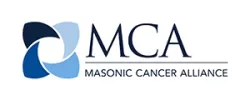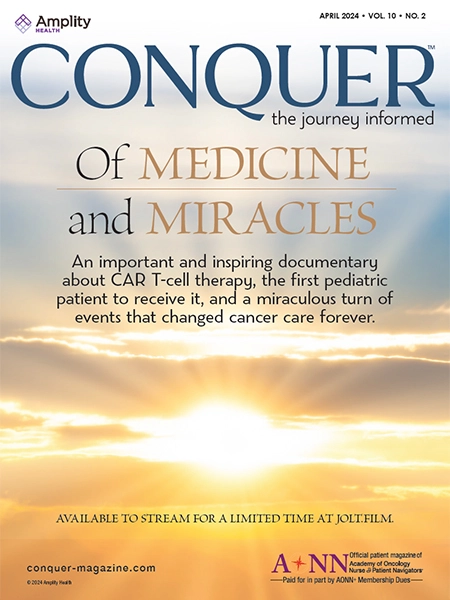Navigation & Survivorship News
Members Memo: Educating Patients About Skin Cancer
The next several months are the peak time of year when people will be exposed to the sun. As such, navigators can help get the word out about prevention efforts against this potentially deadly form of skin cancer.
Plus Pointers: Advocate for Quality Patient Care, Optimal Patient Systems
Navigators have a critical role in highlighting system bottlenecks and health care inefficiencies. At the GW Cancer Center, largely due to patient navigators speaking up, a policy advocacy effort was prioritized to improve access to chemotherapy for Medicaid patients.
Insights into Navigation: Too Many Patients and Not Enough Time
We’ve all been there. The number of patients you are expected to navigate keeps increasing without more resources being provided to help you do it well. Simply telling your supervisor that you can’t keep up won’t cut it; nor will saying you need more help. Instead, measure what you are doing by developing an acuity scale for the patient populations you navigate.
Members Memo: Thoracic Nurse Navigation Certification Task Force
A special thank you to the thoracic nurse navigators who came forward to create the thoracic certification examination. It is a sign of professional commitment and growth to volunteer for a task that will help one review their profession as well as learn something new such as test question development.
Plus Pointers: Building Trusting Relationships
One aspect navigators should consider learning is how to communicate effectively with patients, families, and the public to build trusting relationships across a broad range of socioeconomic and cultural backgrounds.
Insights into Navigation: Understanding Role Delineation Benefits the Patient
All too often cancer centers decide to hire either oncology nurse navigators or hire patient navigators. What would be best for the center and patients is a blending of both professionals. This model of having a nurse and a lay patient navigator can work very well--as long as each of these navigators function within their scope of training, skills, credentialing, and practice requirements.
Plus Pointers: Screening for Colorectal Cancer
Patient navigators are critical in getting patients into guideline-adherent colorectal cancer screening.
Plus Pointers: Advancing Health Equity, Reducing Disparities
It is important for navigators to take a holistic view of their patients knowing their medical history and even other variables that could affect their health, such as their sexual orientation. You may ask why sexual orientation is important, and the reasoning is that the LGBTQ is at greater risk for certain cancers. For example, did you know that lesbian and bisexual women have a greater risk for more aggressive breast cancer? Or, did you know gay men have a higher risk for anal cancer?
Insights into Navigation: Should You be Certified for a Specific Cancer Type?
As you may know, we launched last year the officially certification exam for general oncology nurse navigators. And through AONN+'s partnership with the George Washington Cancer Center, the patient navigation exam was also launched at the same time. We are about to conduct the beta test for a thoracic navigation certification.
Insights into Navigation: Creating Your Career Goals
Whether your manager meets with you monthly, semi-annually, or annually to discuss your performance evaluation, you need to take it upon yourself to decide what your performance and professional goals should be beforehand.
Thank You to Our Corporate Sponsors and Alliance Partners!
-

Major Corporate Sponsor
-

Patron Corporate Sponsor
-

Patron Corporate Sponsor
-

Patron Corporate Sponsor
-

Industry Relations
Council Member -

Industry Relations
Council Member -

Industry Relations
Council Member -

National Alliance Partner
-

National Alliance Partner
-

National Alliance Partner
-

National Alliance Partner
Privacy Notice | Terms of Use
© 2009- DBA AONN+ Academy of Oncology Nurse & Patient Navigators® | PO Box 563, Cranbury, NJ 08512 |
AONN+ DBA AONN+ is a 501(c)(6) organization under federal tax guidelines. AONN+ Foundation for Learning, Inc. a 501(c)(3) organization under federal tax guidelines.
AONN+ Advantage, LLC, a wholly owned subsidiary of AONN+.


